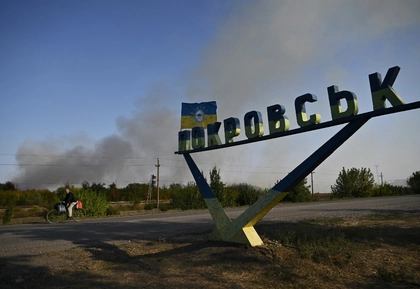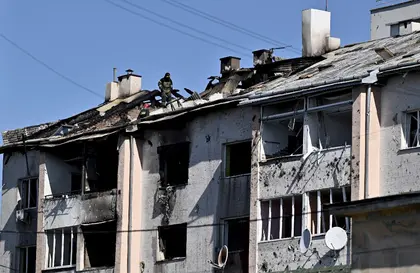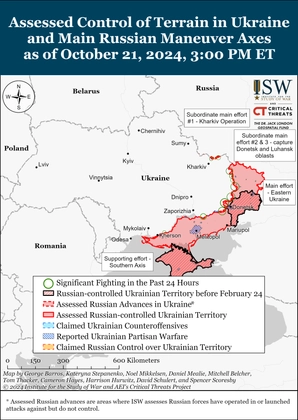Russia's GDP is widely reported to oscillate by 1-2% around its 2021 level. But how did we get to this number? The primary sources we have are:
(1) Russian imports and exports (which can be verified by cross-referencing with the data from Russia’s trading partners);
(2) Russia's own statistical reports (which are questionable);
(3) international organizations' reports from the likes of the International Monetary Fund (IMF).
However, the IMF’s statistics are largely based on Russia's own figures and, as convincingly demonstrated by Agathe Demarais in her article in the Foreign Policy site “Don’t Trust Russia’s Numbers”, may be unreliable if not meaningless in this context.
Insider reports, including those from current and former Russian government officials, suggest that the appearance of stable GDP levels is maintained through government financing of the war and construction sectors. To pay for this, Russia dips into the vast reserves that were accumulated over the years from its lucrative oil and gas exports.
Russia pays the costs of military construction, weapons and ammunition items, compensation to its active and wounded soldiers, and support to the families of the deceased, creating a financial flow that enables these beneficiaries to purchase goods and services. A significant portion of these goods and services are, however, imported using third-country routes used to circumvent sanctions.

Frontline Ukraine Cafe Offers Glimpse of Normality as War Rages
In essence, Russian GDP is significantly boosted by drawing on its past savings but only for as long as those resources remain. Once depleted, the economy will almost inevitably collapse: Russian consumers won’t have any use for the tanks, helicopters, and planes that are currently being produced, while imported consumer goods will become unaffordable, and there will be no funds to pay the salaries of government employees, including those in the Russian Armed Forces. It is well to recall that it was the crumbling economy of the USSR that played a critical role in the Soviet Union's demise.
When will this tipping point occur? The exact timeline remains elusive due to the lack of precise data on Russian savings and expenditures. However, we can identify certain factors that can potentially hasten or delay this moment. These include global demand and pricing for energy, the enforcement of price ceilings on Russian oil exports, additional costs Russia incurs for imports routed through third countries like Kyrgyzstan and Kazakhstan, disruptions to the Russian economy from Ukrainian offensives (such as temporary immobilization of Moscow’s airports and damage to crucial logistics infrastructure), and shifts in the expectations of Russian consumers.
The impact of Ukrainian drone attacks on Moscow and other places inside Russia is quite significant in an economic context. In addition to compelling Russia to divert anti-air resources to Moscow instead of the frontlines, these strikes directly hurt the Russian economy. Delays in the flow of passengers and freight through major airports, likely higher insurance costs, as well as a new uncertainty reflected in consumer expectations are all painful economic consequences for Russia. All of these effects help expedite the depletion of the savings Russia' uses to fuel its war.
Russia's attempts to leverage its influence in western media to downplay the efficacy of these attacks and their attempts to portray sanctions as ineffective should be seen as a strategic move in light of these economic vulnerabilities. It is important that the West recognizes them as such, and stays the course on the imposition of economic sanctions, and consider tightening them.
You can also highlight the text and press Ctrl + Enter






